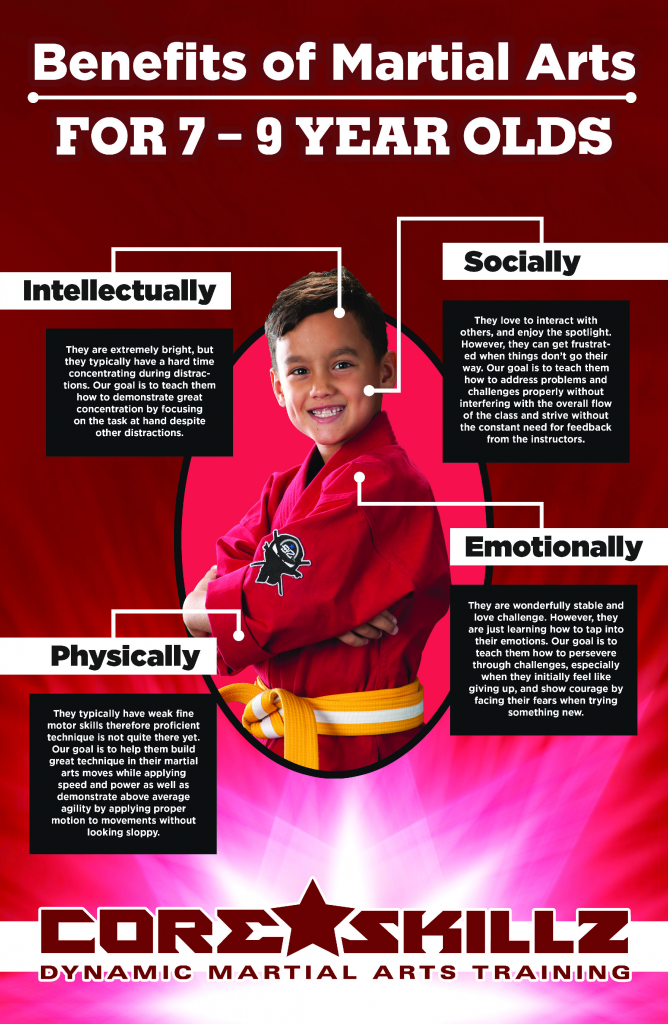The Global Trip And Growth Of Martial Arts Throughout History
The Global Trip And Growth Of Martial Arts Throughout History
Blog Article
what are the best martial arts for mma -Hess Graham
Martial arts have a fascinating history that extends centuries and continents. You might locate it interesting how ancient practices like Shuai Jiao and Kalaripayattu laid the groundwork for modern-day combat methods. These disciplines not only emphasize physical skills but additionally mirror the cultures that birthed them. As you discover their development, take into consideration just how globalization has changed these conventional forms into crossbreed styles. What influences do you believe have formed today's martial arts landscape?
Ancient Martial arts: The Structures of Combat
As you look into the world of old martial arts, you'll find the abundant structures that shaped fight strategies across societies. Early methods focused on Self-Defense and survival, usually including strikes, hurting, and weapons.
In ancient China, for instance, strategies like Shuai Jiao highlighted tosses and joint locks, while India's Kalaripayattu showcased agility and fluid movement. Japanese samurai developed Kenjutsu, a polished swordsmanship that highlighted self-control and strategy.
These martial arts offered not just for fight but also as a means of personal advancement, instilling values like respect and willpower. https://www.cheatsheet.com/entertainment/cobra-kai-cast-gianni-decenzo-jacob-bertrand-different-martial-arts-karate.html/ blending of these techniques over time prepared for the varied martial arts you see today, each reflecting the unique viewpoints and demands of its culture.
The Social Impact on Martial Arts Advancement
While martial arts often show the useful needs of a culture, they additionally embody the cultural values and ideas of their beginnings. When you explore different martial arts, you'll discover exactly how they're influenced by religion, ideology, and social standards.
For instance, the emphasis on regard and technique in Japanese martial arts stems from Zen Buddhism and samurai culture. On the other hand, Brazilian Jiu-Jitsu advertises adaptability and technique, formed by the demand for performance in a varied, modern setting.
You could find that the routines, uniforms, and training techniques mirror an area's background and identification. By recognizing these cultural impacts, you strengthen your gratitude of martial arts and their role in shaping human experiences around the world.
Modern Adaptations and the Globalization of Martial arts
Martial arts have actually changed considerably in current decades, adjusting to contemporary society and global impacts. You'll notice that standard forms have combined with modern techniques, producing hybrid styles like mixed martial arts. These adjustments cater to varied audiences, making martial arts easily accessible and appealing globally.
With the surge of social media and electronic systems, you can find tutorials and competitors from all corners of the world, breaking geographical barriers. This globalization has led to a common recognition for various self-controls, from Brazilian Jiu-Jitsu to Taekwondo.
As you involve with these arts, you'll understand they're not nearly fight; they advertise health and fitness, discipline, and mental health.
Ultimately, contemporary adaptations have improved the martial arts landscape, making it a dynamic and evolving technique.
Final thought
In discovering the background and development of martial arts, you reveal a fascinating blend of techniques, societies, and approaches. From old disciplines like Shuai Jiao and Kalaripayattu to the modern flexibility seen in MMA, martial arts show humankind's pursuit for Self-Defense and individual growth. As you involve with these techniques, you not only obtain skills yet likewise a deeper admiration for the varied customs that form our world today. So, continue your trip and embrace the art of battle!
